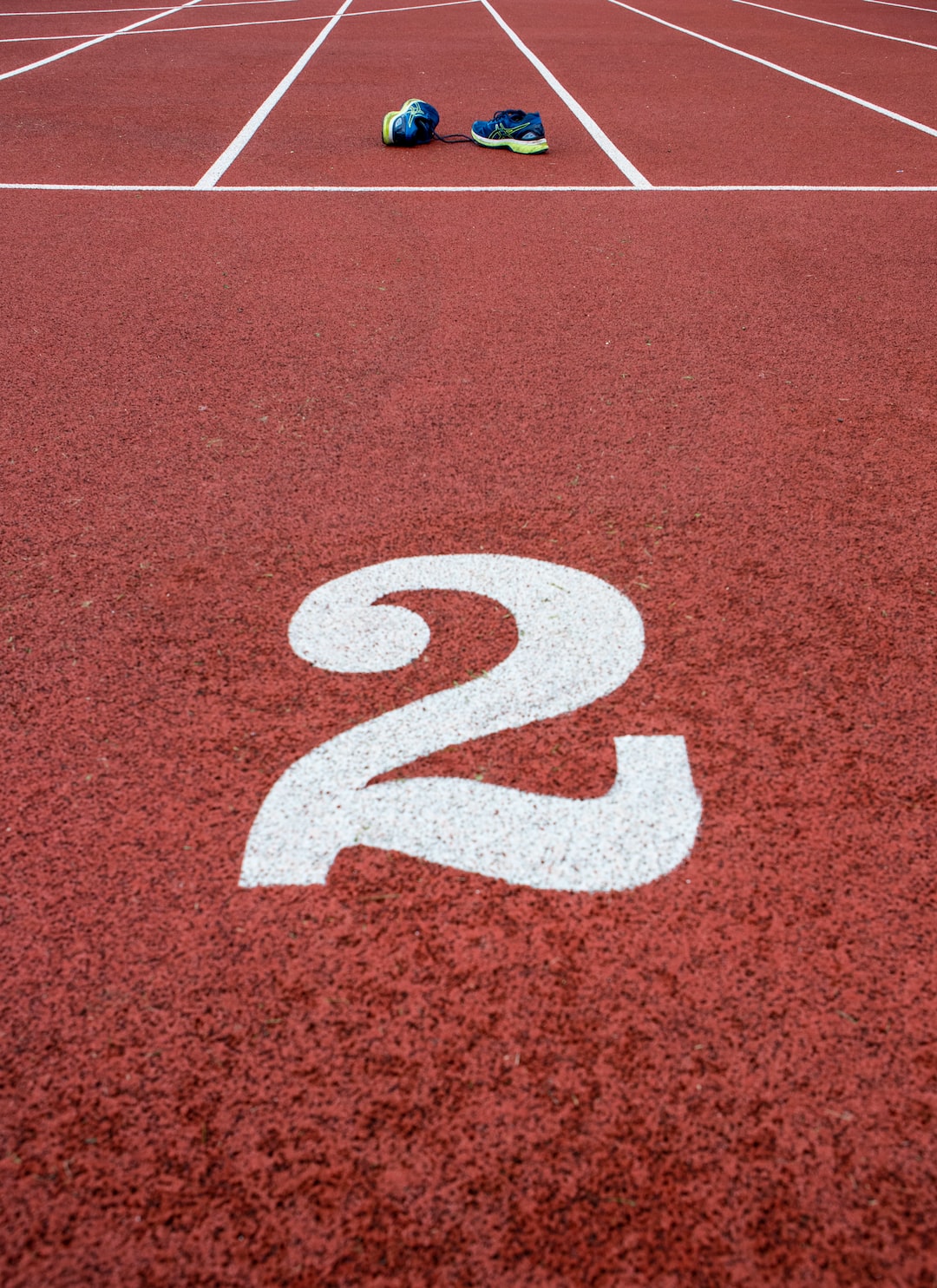Humans and horses have had a long and intricate relationship that dates back to prehistoric times. Horses were first domesticated by humans around 4000 BCE, and since then, they have played an essential role in human society, serving as transportation, working animals, and even as companions. Throughout history, the relationship between humans and horses has evolved, and today, humans continue to rely on horses for various purposes.
Initially, humans hunted horses for their meat and hides, but as they learned to domesticate them, horses became key assets in transportation. Horses became the primary modes of transportation during modern human civilization, serving as the backbone for military, agricultural, and commercial activities. The advancements in horse breeding techniques, selective breeding, and transportation made horses more vital in human civilization.
In ancient Greece, horses were cherished for their speed and strength and played a crucial role in various sports such as chariot racing. Chariot racing was a popular spectator sport that involved two to four horses competing to reach the finish line. Horses also played a crucial role in agriculture and were used to plow fields and transport goods over long distances.
Furthermore, horses became significant symbols of royal power in societies such as Persia and China. These empires used horses as a sign of their status and power, with the ruler’s horse being specifically bred for recognizable features such as white hooves. In medieval Europe, knights used horses as their trusty steeds during battles, and wealthy nobles mostly owned them as a sign of social status.
In the 19th and 20th centuries, humans discovered new uses for horses such as police enforcement, rescue missions, and sports. Police forces used horses to patrol and maintain peace in cities, while horses were employed to pull lifeboats during rescue missions. The thoroughbred horse racing industry also emerged during this time, leading to the breeding of horses specifically for racing purposes.
Today, horses continue to serve a vital purpose in human society, though the relationship humans have with them has changed over time. Many people now see horses mostly as companions and recreation partners rather than as work animals, with horseback riding being a popular sport worldwide.
However, even though humans have horses as companions and for sports activities, there are still horse-powered transportation methods used in some rural areas worldwide. Furthermore, the traditional use of horses in agriculture has been disappearing due to technology advancements, and horses are finding themselves more as luxury pets in many cultures.
The relationship between humans and horses has been defined by a bond that has grown and shaped throughout the years. Humans and horses have always worked together in various ways, from transportation to labor, to sports to recreation. Today, the bond between humans and horses has become more sentimental, with horses mostly used as companions and sport items, but the trust and mutual respect between these two species continue to prosper, and it will continue as one of the most remarkable interactions between two species to exist.
